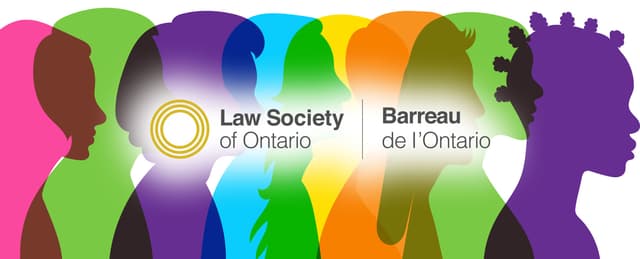The Law Society of Ontario plans to modernize the upcoming call to the bar ceremonies by appointing a professional name reader.
Anyone attending a call to the bar ceremony in recent years has observed the tremendous diversity of newly licensed lawyers. Candidates from both Ontario law schools, and international law schools increasingly represent an array of races and ethnicities. Correspondingly, the list of candidate names being called to the bar is increasingly diverse.
While the Law Society has made every effort to ensure that candidates’ names are pronounced correctly, both by way of advance distribution of lists to designated readers and having candidates provide phonetic spellings of their names, the Law Society continues to receive complaints from candidates about name mispronunciations every year. Today’s ability to video/audio capture and memorialize this important moment of a candidate’s introduction into the legal profession makes it is even more important to ensure that the moment is captured correctly. The following names are hard to be pronounced: Aisling, Aoife, Eithne, Isla, Niamh, etc.
Our names are an incredibly important part of our identity. They carry deep personal, cultural, familial, and historical connections. They also give us a sense of who we are, the communities in which we belong, and our place in the world. Mispronunciations or misuse of our preferred or common names can negatively affect and potentially hurt and impact a sense of belonging within the legal professions.
The Law Society has conducted an environmental scan of post-secondary institutions that are required to support graduation ceremonies of thousands of students annually. All the institutions reviewed have had to develop protocols to ensure that student names are pronounced properly. In many cases, institutions source a professional reader or orator whose training is oriented around linguistics and diverse pronunciation. In other cases, specialized software is being used to facilitate proper pronunciation. Most institutions have had these protocols in place for some time to ensure that their ceremonial activities are carried out in a professional manner that is respectful of the diversity of their student population.
The Law Society’s shift to a professional name reader is aligned with these best practices and responsive to the concerns that candidates have been raising for at least a decade.
Source: Memorandum by The Law Society of Ontario from May 9, 2022

